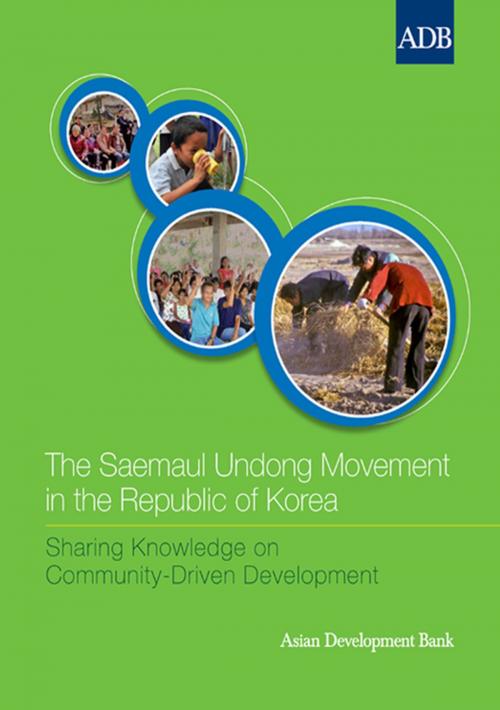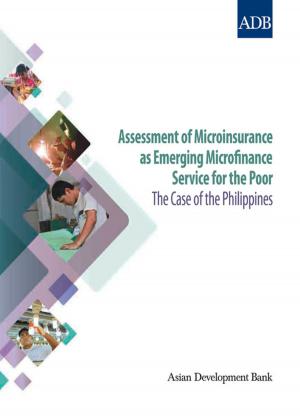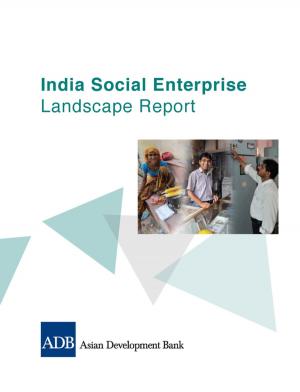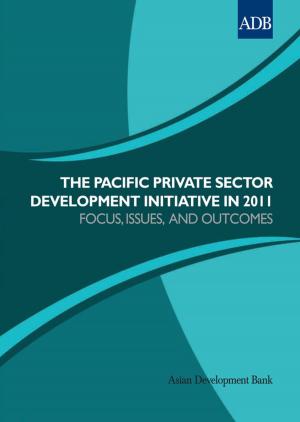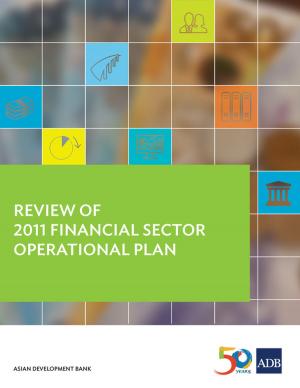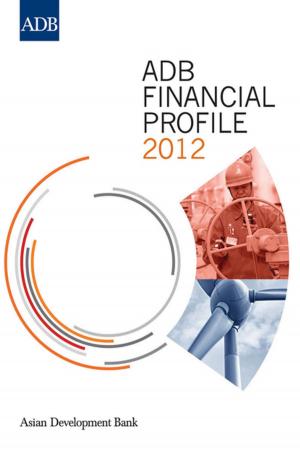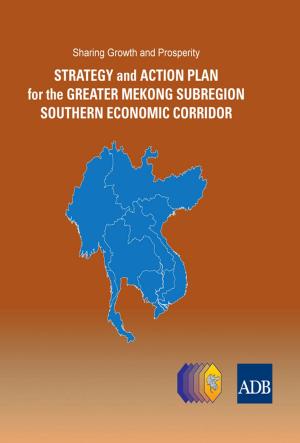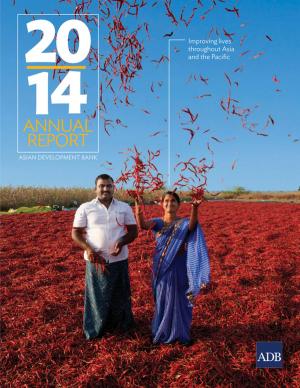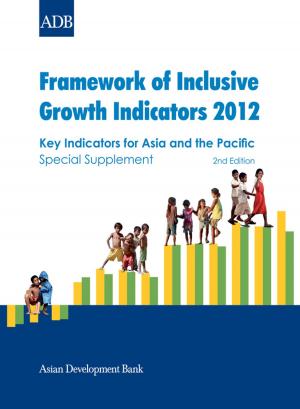The Saemaul Undong Movement in the Republic of Korea
Business & Finance, Economics, Economic Development, Nonfiction, Social & Cultural Studies, Political Science, Government, Public Policy| Author: | Asian Development Bank | ISBN: | 9789290927037 |
| Publisher: | Asian Development Bank | Publication: | June 1, 2012 |
| Imprint: | Asian Development Bank | Language: | English |
| Author: | Asian Development Bank |
| ISBN: | 9789290927037 |
| Publisher: | Asian Development Bank |
| Publication: | June 1, 2012 |
| Imprint: | Asian Development Bank |
| Language: | English |
The Saemaul Undong movement was a community-driven development program of the Republic of Korea in the 1970s. The movement contributed to improved community well-being in rural communities through agricultural production, household income, village life, communal empowerment and regeneration, and women's participation.This report examines the strengths and weaknesses of the movement along with contributing factors, including institutional arrangements, leadership influence, gender consideration, ideological guidance, and financing. It also reviews existing studies and government data on the movement, and presents excerpts from interviews with key persons engaged in the movement and useful lessons for implementing community-driven development initiatives in developing countries.
The Saemaul Undong movement was a community-driven development program of the Republic of Korea in the 1970s. The movement contributed to improved community well-being in rural communities through agricultural production, household income, village life, communal empowerment and regeneration, and women's participation.This report examines the strengths and weaknesses of the movement along with contributing factors, including institutional arrangements, leadership influence, gender consideration, ideological guidance, and financing. It also reviews existing studies and government data on the movement, and presents excerpts from interviews with key persons engaged in the movement and useful lessons for implementing community-driven development initiatives in developing countries.
